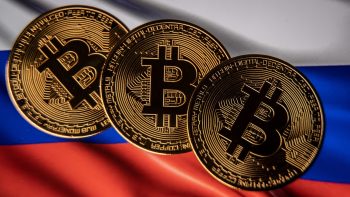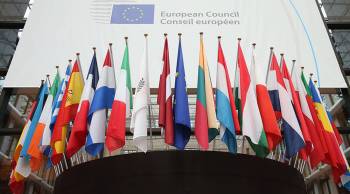Latvians differ over sanctions against Russia
Latvian farmer Uldis Krievars is a casualty of the new cold war with Russia.
“ We’re fighting for survival. Many other farmers are also struggling “ he says, gloomily surveying his dairy herd on his farm sixty miles southeast of the Latvian capital, Riga.
Krievars has seen his milk prices slump well below the cost of production due to over supply. Latvia is awash with milk because Russia retaliated against EU sanctions over Ukraine by banning food imports from Europe.
But that doesn’t mean Krievars is unhappy about those EU sanctions.
“ Yes, the sanctions are hitting us hard,” he says. “But I believe they are necessary and should have been even tougher. We are still worried about our independence.”
Independence is still a raw subject in the tiny Baltic state, which has been invaded and occupied over the centuries by at least four different powers – Sweden, Poland, Germany and Russia. The country only threw off Russian rule 24 years ago when the Soviet Union collapsed – an event which the current Russian President Vladimir Putin described as “ the greatest geopolitical catastrophe of the 20th century.”
Liana Langa –a Latvian poet – claims that the annexation of Crimea shows that Putin would like to turn the clock back and rule the Baltic states – including Latvia – again.
“He’s trying to restore empire, he’s trying to restore empire.” she says. “Let’s remember: Putin can only think as a KGB guy because he comes from the KGB.”
Some members of Latvia’s large Russian minority dismiss that as pure paranoia; they just don’t believe Putin has any designs on the Baltic States. Aleksandr Gamaleyev deplores the sanctions against Russia as a massive over-reaction. “ I think it’s very bad for Latvia to be part of this campaign because Russia is our bigger neighbor, and economically it’s very bad for Latvia,” he says.
In fact, although the dairy farmers are reeling, Latvia overall has not been that badly affected by the crisis. The economy is still growing at the cracking pace of more than four percent a year . The country has managed to escape some of the worst effects of the new Cold War as many Latvian companies have, since regaining independence, been busy re-orienting their businesses away from the Russian market. The Karavela fish processing plant in Riga, for example, now sells most of its herrings and sprats in Europe.
“ We feel more comfortable and safer developing markets in this part of the world” says spokeswoman Sintija Skarstāne .
Latvia has pursued the same policy, along with the other two Baltic states, turning away from Russia and embedding itself in the west by joining NATO, the European Union and even adopting the euro for added security.
“We clearly feel safe now, we feel secure.” says Andrejs Pildegovics, State Secretary at the Foreign Ministry in Riga. “But if history teaches us anything, it teaches us that we cannot be complacent.”
The biggest fear is that Putin might “do a Ukraine” and stoke up trouble using Latvia’s Russian-speaking minority. But economist Morten Hansen of the Stockholm School of Economics in Riga points out that there’s a big difference between Ukraine and Latvia – quite apart from NATO and EU membership. Latvia is more prosperous and more content.
“ In terms of income per person we’re ahead of Ukraine by a factor of three to one.” Hansen says. “This is a huge transformation. We were at the same level as Ukraine 22 years ago . Now we’re three times richer.”
This , he says , is Latvia’s ultimate shield against Putin’s mischief-making: economic self interest.
There’s a lot happening in the world. Through it all, Marketplace is here for you.
You rely on Marketplace to break down the world’s events and tell you how it affects you in a fact-based, approachable way. We rely on your financial support to keep making that possible.
Your donation today powers the independent journalism that you rely on. For just $5/month, you can help sustain Marketplace so we can keep reporting on the things that matter to you.

















